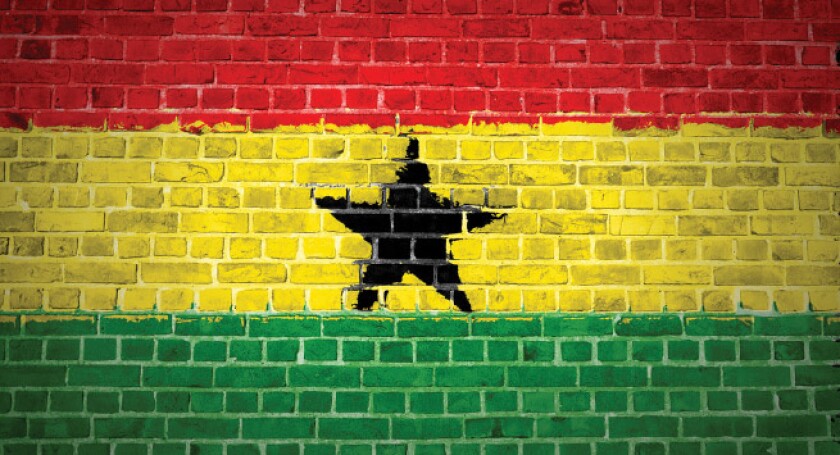Ghana’s infrastructure sharing market was pioneered by Millicom’s deal with Helios Towers Africa, in which Helios invested $54m for a 60% stake in the joint venture. Vodafone soon closed an operational lease deal with Eaton Towers, to be followed by another joint venture, this time American Tower investing $218.5m for a 51% stake in a joint venture with MTN. SWAP Technologies, with 500 towers, and IHS Africa, with 697 sites, are also active in Ghana.
The Ghanaian market has become the perfect test bed for tower sharing. Ghana is a favorite of international investors due to low political risk, so it’s no surprise that the country has attracted tens of millions of dollars of investment in infracos.
With Globacom recently joining the existing five nationwide carriers serving a population of 25m, high cost of new builds, ARPU falling below $5 forcing a reduction of opex, and a regulator strongly in favour of sharing, network planners often have no option but to co-locate. But infrastructure sharing is not a necessary evil in Ghana – it’s been a successful investment for incumbents and new market entrants alike.
“As a shareholder we’re happy with our investment,” says Khumo Shuenyane, Group Chief Strategy Mergers and Acquisitions Officer at MTN. “As a tenant we’re happy with the management of the towers. And we’re happy with the build to suits.”
Vodafone Ghana seem similarly pleased with their operational lease deal. Tony Dolton, CTO at the time, recalls “the deal meant a lump sum cash payment was invested to upgrade the legacy towers, and for us an immediate opex reduction of over 30%.” You can read an in-depth interview with Dolton here.
Meanwhile, from the new market entrant’s perspective infrastructure sharing is working well – Airtel are rumored to have doubled their network in a year thanks to co-location.
As a shareholder we’re happy with our investment. As a tenant we’re happy with the management of the towers– Khumo Shuenyane, MTN
Is it working for the towercos? American Tower have acquired over 2,000 towers in Ghana and are believed to have placed over 400 co-located tenants from the likes of Airtel, Vodafone and Tigo on those towers. And Helios’ Chuck Green is happy to go on record to say “to date our business in Ghana has performed at or above our expectations at the time we executed the deal.” Chuck’s views on the Ghanaian market are explored in this interview.
3G mobile broadband customers constitute the majority of Ghana’s internet users. TowerXchange will revisit Ghana next year to examine the impact of growing capacity demands, and the role of towercos in densifying the network. For now, and as Africa’s most mature market for independently owned and managed towers, the signs are good that infrastructure sharing is working in Ghana.

